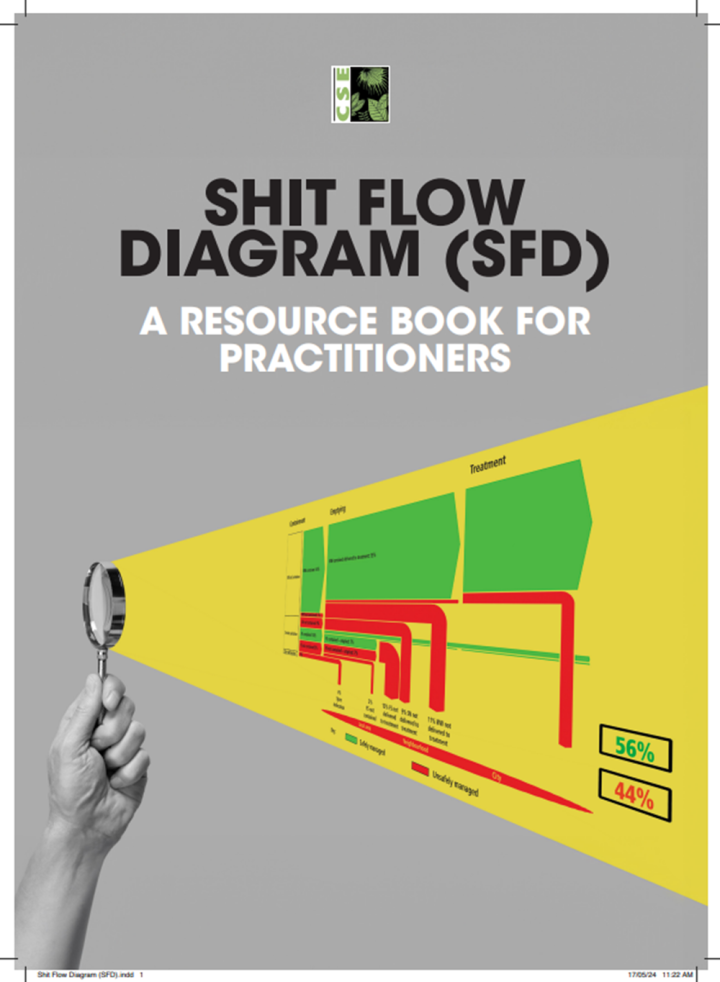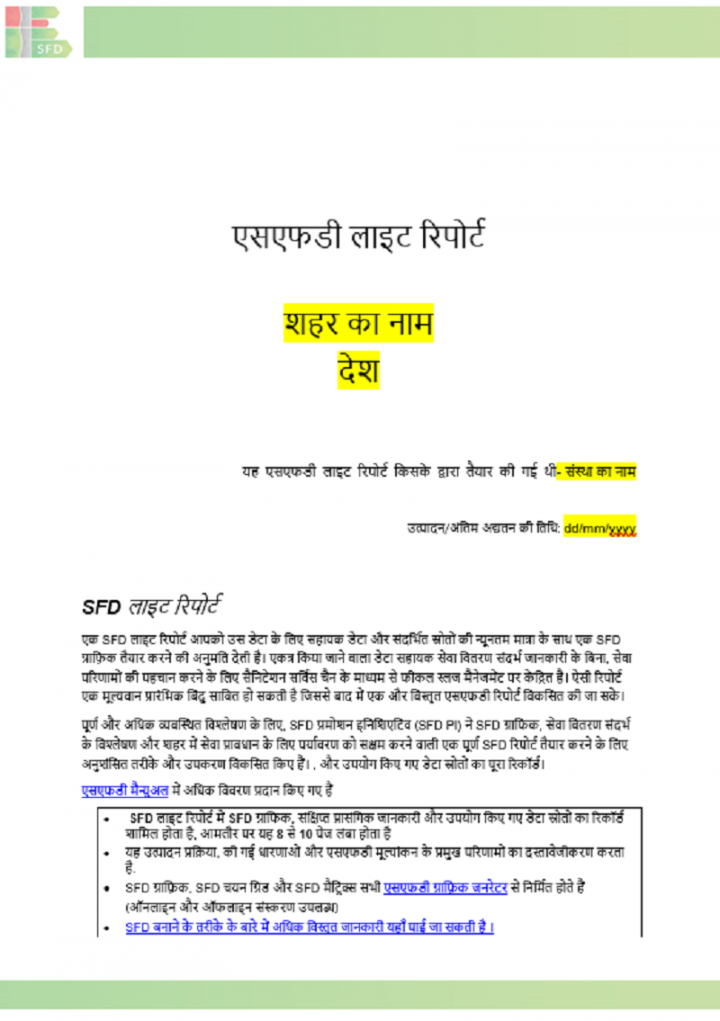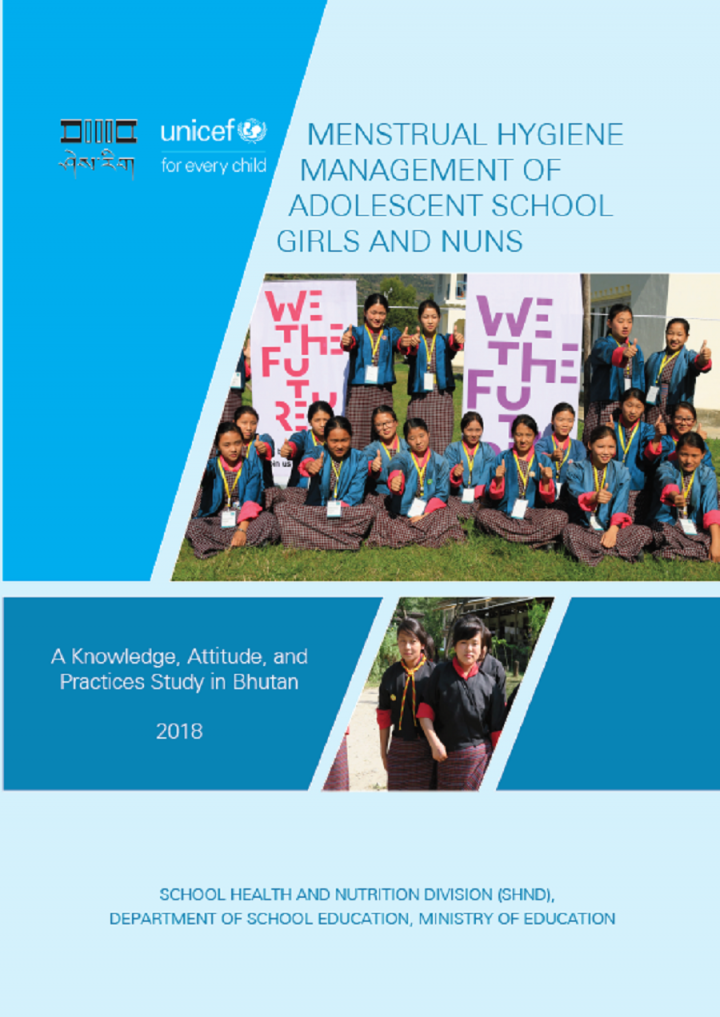Searching for information on Sanitation Workers?
The Sanitation Workers Knowledge + Learning Hub is the best source for all current news, trends, articles and updates on sanitation workers rights around the world.
This volume of the WHO's Guidelines for the safe use of wastewater, excreta and greywater describes the present state of knowledge regarding the impact of excreta and greywater use in agriculture on the health of product consumers, workers and their families and local communities. Health hazards are identified for each group at risk, and appropriate health protection measures to mitigate the …
Urban sanitation systems thinking has undergone a significant change—from infrastructure creation as a measure of progress, to service-level improvement, and now to equity and justice in sustainable service delivery.
The Shit Flow Diagram tool unbundled the sanitation service value chain into distinct components with the aim of addressing service-level improvements at the different stages of …
Rajbiraj Municipality lies in Saptari District of Madhesh Province, Nepal. It is divided into sixteen wards and covers an area of 55.64 sq. km. It is restructured by merging with Village Development Committees (VDCs) namely (Maleth, Dighwa, Farseth, Bishharia, Deuri Bharuwa) and some wards of VDCs (Haripur-6, Madhyepura 4-7, Boriya 3-7). It lies at 26.5419° N latitude, 86.7567 °E longitude and …
Access to adequate hand hygiene facilities (HHFs), including a reliable supply of water and soap, is
paramount to ensure that daily hand hygiene can be practiced in public places. With COVID-19, public
spaces have become an important location for the water, sanitation, and hygiene (WASH) sector to
engage in when it comes to key moments for hand hygiene. However, the nature of public places …
We are very pleased to present the Practical guide to tackling and leveraging social norms in behavior change programming. It provides UNICEF, its governmental and non-governmental partners with accessible and engaging information on social norms, the role they play in perpetuating or changing harmful behaviors, and best practices for programming.
A Minimum Expenditure Basket (MEB) is a tool used by cash and vouchers assistance (CVA) actors to: support the calculation of the transfer amount of a multipurpose/multisectoral cash grant, contribute to better vulnerability analysis and monitoring, and improve collaboration. What makes an MEB unique and worthwhile is its binding power. When different agencies coordinate to jointly build an MEB …
On 3 May 2019, Cyclone Fani made landfall in Puri district, in Odisha State, India. More than 1 million homes were destroyed, and approximately 16.5 million people were affected. Preliminary figures by the government estimated the damages and loss to more than Rs.12,000 crores (over USD1.6 billion). The UNICEF Field Office (FO) in Odisha, as part of their humanitarian assistance programme in the …
UNICEF Chhattisgarh devised an approach to maintain the WASH infrastructure in schools considering the importance of continued WASH facilities and services in general and more specific to reopening of schools with this continuing COVID-19 pandemic. Functional WASH services for a clean and safe environment and maintaining respiratory and hand hygiene are the first line of defense against the …
Building on a human right-based approach, the Gender,Hygiene and Sanitation (GHS) Joint Programme, implemented by the Water Supply and Sanitation Collaborative Council (WSSCC) and the United Nations Entity for Gender Equality and the Empowerment of Women (UN Women), intends to support governments in assessing their policies, guidelines and budgets to better reflect women’s and girls’ rights …
COVID-19 pandemic swept across India in April and May 2021, and preventing infection became of paramount importance. The health systems were overwhelmed. Over the past year, we have learnt great deal of how the disease spread. This necessitated expansion of the earlier preventive measures promoted in the early stages of the pandemic in 2020 such as wearing masks, social distancing and washing …







































